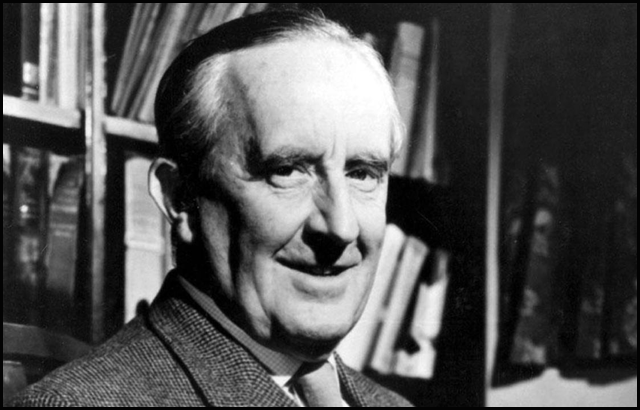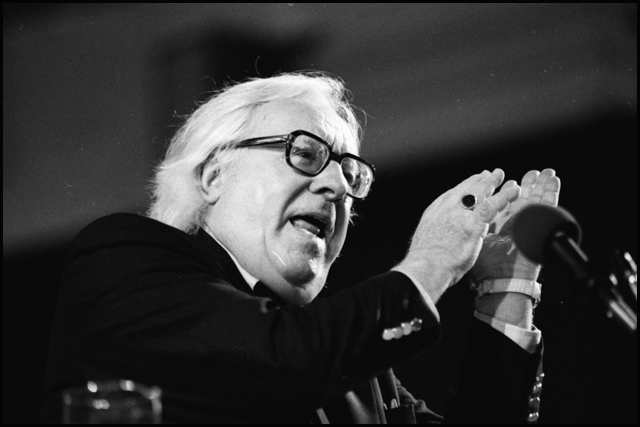Lately, I’ve been making a leisurely read of Ray Bradbury’s Zen in the Art of Writing. In it, he mentions many of the things that influenced him, that fed his imagination. It made me think of how many writers shy away from acknowledging all their influences. Perhaps it springs from a desire to avoid having their critics claiming they are compying the Influencer. Perhaps it is a fear of being unworthy or of having fallen into copying the earlier writer. Such concerns usually come from being insecure about one’s own voice as a writer.

Shakespeare
I have had no problem acknowledging two major influences on myself: Shakespeare and Tolkien. When I was a child, I had an illustrated storybook of stories from Shakespeare and the stories captured my attention. Hamlet, Macbeth, Romeo and Juliet, As You Like It. The storybook led me to an interest in the plays themselves. Hamlet came to take the top of the list of favorite plays.
The effect of Shakespeare on me lay in the Bard’s ability to make poetry conversational. By the time I was in college, I had come to admire the flow of his wording and his coining of word usage. In ninth grade, I encountered the works of J.R.R. Tolkien, and fell under the enchantment of both his storytelling and his command of language. His prose seemed deceptively simple and plain, and yet he managed to conjure very vivid characters and settings.

J.R.R. Tolkien
These two writers became the models I wanted to emulate. I wanted my own work to strive for that quality. Whether or not it achieves that stature, I probably will not know. But it’s more important to have that desire.
Occasionally, I also mention the poet Keats as an influence on myself. And certainly other writers have contributed to shaping me as a writer — Arthur Conan Doyle, for instance. After my first encounter with his Sherlock Holmes, I was moved to write my first story. The motion and adventure in the stories of Edgar Rice Burroughs also fed my imagination.
But in reading Bradbury’s book of essays on writing, I’ve been reminded of something else.

Ray Bradbury
In junior high school, before I read Tolkien, I had a profound encounter with the work of Ray Bradbury. I read his novel Something Wicked This Way Comes. I suspect I had read others of his works before that point, but not enough to resonate deeply. But the day I saw the title on the library shelf it spoke to me. Firstly, there was the title, pulled from the lines of Shakespeare’s Macbeth. I took it off the shelf.
Inside the covers, an eerie story unfolded in the most lyrical language. It sang to me songs of crisp October nights, filled with flying, crunchy dead leaves and silver moonlight shining on midnight shapes.
I had fallen into Bradbury magic.
And it stayed with me.
However, oddly enough, I did not go out and ravenously consume everything Bradbury. Instead I moved on with my reading, absorbing other writers.
But lately, in considering my own writing, I’ve come to realize the profound effect Bradbury has had on my style. For I too like to wax poetical at times, and it is not just because of Shakespeare and Keats.
One of the things Bradbury talks about in Zen in the Art of Writing is realizing the power of our influences. Just because they exist, that does not mean we are copying them. For we absorb these things into our hearts and souls, and when we breathe them out again, they are transformed by our own experiences and additional influences.
Acknowledging the things that influence us is not about making an evaluation of their objective quality as art. It is simply acknowledging that this thing resonated true and clear to yourself at a key time in the development of the artist or writer that you are becoming. Celebrate those things, no matter how silly or unlikely they may seem to others. It’s not about them: it’s about you and what inspired you.
